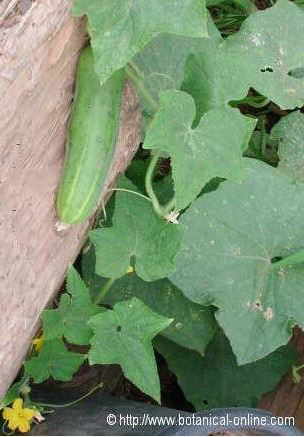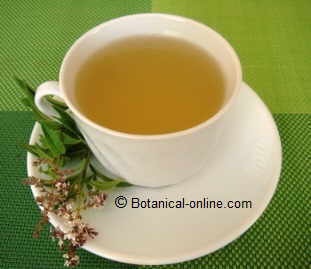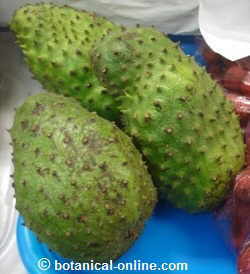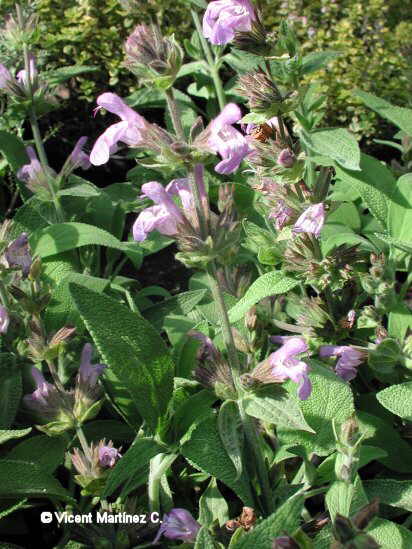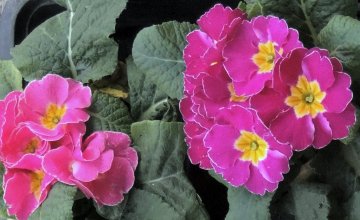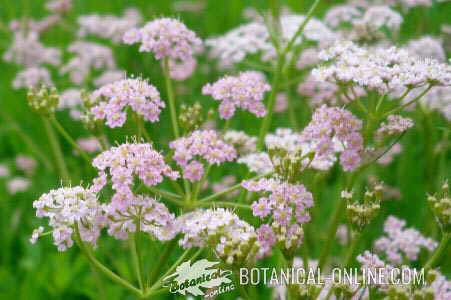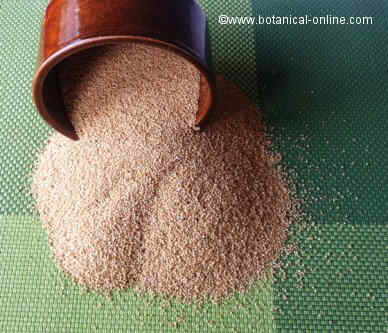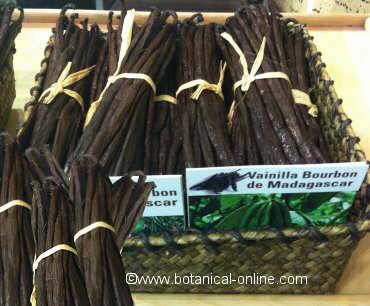Contents
Herbal remedies to treat rosacea
Phytotherapy: Medicinal plants preparations for rosacea
Phytotherapy in the treatment of rosacea involves the use of a number of plants with the following objectives:
- Anti- inflammatory plants, to reduce or prevent inflammatory swelling caused by this disease.
- Antimicrobial plants, to prevent infections caused by organisms taking advantage of the skin lesions caused by this disease. These plants can be a complement to conventional antibiotics.
Among the main plants we can point out:

Cucumber Olive tree (Olea europaea) The application of massages for 3 or 4 minutes with olive oil may help improve symptoms of rosacea or delay its onset. (Dip your fingers in oil olive and massage your face with your fingers making circles on your face.)
- Apple tree (Malus domestica) Wash the face before going to sleep with the liquid resulting from mixing a tablespoon of apple cider vinegar diluted in a glass of water.
- Chamomile (Matricaria chamomilla) Chamomile helps reduce inflammation and prevent or cure any wound infections of the skin. Wash the face with the infusion of one teaspoon of chamomile flowers in a couple of glasses of water. (Do not use if allergic to the compositae family) (It is important to use mild soaps containing extracts of this plant to clean the skin)
- Cucumber (Cucumis sativus) Cucumbers are one of the best skin softeners. (Apply a few slices of cucumber on the inflamed areas for 5 minutes) (creams that contain cucumber help to ameliorate the effects of rosacea.
Supplements for rosacea
- Vitamin B: The use of a daily dose of vitamin B complex, along with a tablespoon of brewer’s yeast, helps improve rosacea
- Vitamin C with bioflavonoids: This vitamin, for its antioxidant properties, helps to improve symptoms of rosacea. The usual dose is three doses of 300 mg each day along with 800 mg of bioflavonoids.
Rosacea and food: Diet for rosacea
Eating plenty of natural foods is the best diet to follow for the treatment of rosacea. Within this diet one should avoid: deleted:
– The strong condiments.
– Acidic foods.
– The aged cheeses.
– Alcohol, coffee, colas or other stimulants.
![]() More information about rosacea.
More information about rosacea.

